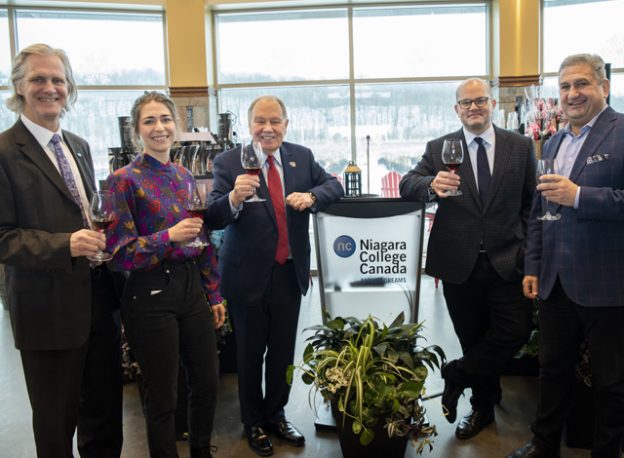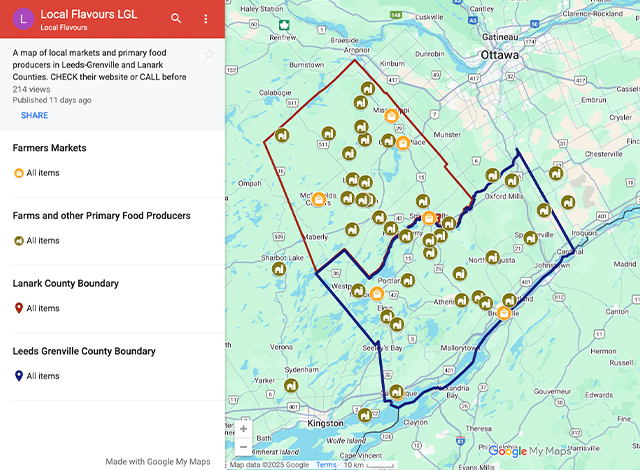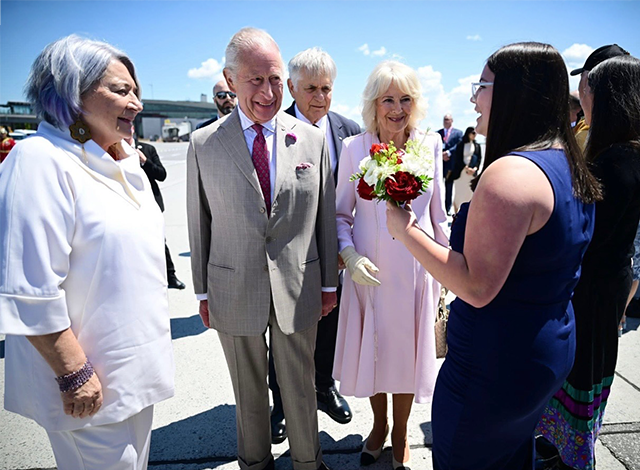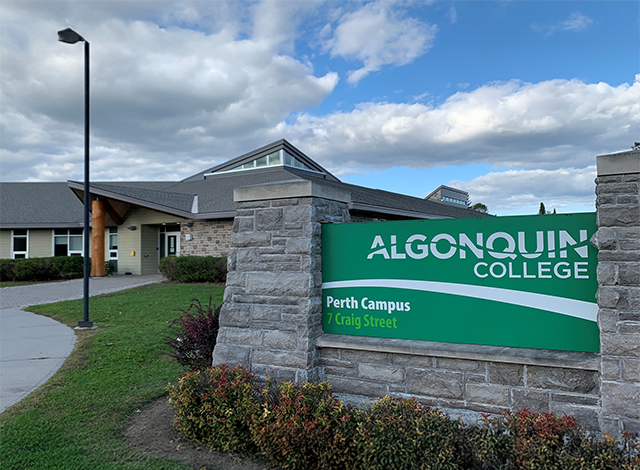Canopy Growth leases former Concession 5 Vineyard property to Niagara College
It’s proving to be a vintage year for cultivating partnerships in Niagara.
Thanks to a new agreement, Niagara College’s Teaching Winery will take over operations at a Niagara-on-the-Lake vineyard property owned by Canopy Growth (“Canopy Growth” or the “Company”) (TSX:WEED, NYSE:CGC), sowing the seeds for an environmentally sustainable site and new learning opportunities for the College’s wine students.
Canopy Growth announced today that the Concession 5 Vineyard, located next to its Tweed Farms greenhouses in Niagara-on-the-Lake, will be leased to Niagara College, to be operated by the NC Learning Enterprise Corporation (NCLEC). The College – which is home to the first and only commercial Teaching Winery in Canada, as well the first Commercial Cannabis Production program in the country – is committed to maintaining the vineyard according to environmentally and socially sustainable.
Canopy Growth, known as one of the world’s largest diversified cannabis companies, acquired Concession 5 Vineyard in May 2019 and was seeking to partner with an experienced grape grower committed to maintaining the property in a sustainable manner. It found a trusted partner in Niagara College, which has been a leader in wine education for 20 years and has been running a Teaching Winery and vineyards on its recently renamed Daniel J. Patterson Campus in Niagara-on-the-Lake since 2002.
“Ensuring the vineyard continued to operate in a sustainable manner was very important to Canopy Growth as well as the community of Niagara-on-the-Lake,” said Jeff Ryan, vice president of Government and Stakeholder Relations at Canopy Growth. “This partnership maintains the historical use of the property and we could not be more satisfied that it will become a hub for learning to be enjoyed by Niagara College’s students for decades to come. “
“With grape growing and wine production integral to Niagara’s economy, we applaud Canopy Growth’s decision to preserve the vineyards on this Niagara-on-the-Lake property,” said College president Dan Patterson. “We are proud to be a part of this historic new partnership that bridges Niagara’s established wine industry with its emerging cannabis production industry, and we’re dedicated to applying our expertise in a manner that will benefit our students and the community.”
Steve Gill, general manager of NCLEC– including the Teaching Winery, Teaching Brewery, and Teaching Distillery – noted the importance of the wine and cannabis production sectors working together in Niagara and pointed to the new partnership as a testament to what can be achieved.
“This partnership is a win-win-win,” said Gill. “Our wine students gain experience at a second Niagara vineyard, Canopy benefits from our dedication to minimizing impact on its greenhouse operations, and Niagara-on-the-Lake residents gain good neighbours through our commitment to maintaining the vineyards with sustainable farming practices.”
While the NCLEC will not operate retail on the Concession 5 property, the new space will become a secondary production site for the College’s Teaching Winery and will enhance learning opportunities for students in the College’s Winery and Viticulture Technician program.
Students will be exposed to additional environmentally and socially sustainable practices on the Concession 5 site, as well as a different terroir and different grape varietals than the College’s existing on-campus Teaching Winery. Concession 5 Vineyard is located on the fertile sub-appellation of Four Mile Creek – while NC’s on-campus vineyards is located in St. David’s Bench – and its vineyards contain grape varietals that aren’t grown at the College’s Teaching Vineyards, such as Pinot Gris and Pinot Noir.
College winemaker Gavin Robertson noted that farming practices will be implemented on the property that exclude any chemical herbicides or insecticides and will use mechanical or cultural means to control weeds and insects. He noted that the Teaching Winery has been employing many sustainable practices on campus – since it shares a small area with a greenhouse, vegetable gardens, and a bee yard at the College – and the new partnership is an opportunity to expand their efforts at a different location.
“Through this collaboration with Canopy Growth, we are enhancing our understanding of sustainable farming practices and the social licence to operate as responsible land stewards in the context of the Ontario grape industry in a way that also benefits how we operate our campus vineyard,” said Robertson, who is also an alumnus of the Winery and Viticulture Technician program (2011). “This knowledge also translates to the curriculum level and has increased our capacity to deliver lessons in sustainable farming to our students.”
Second-year Winery and Viticulture Technician student Sydney Neumann values the hands-on experience she is gaining at the Teaching Winery where she works on wine projects and participates in winery operations as well as vineyard work. She was thrilled to hear that students will have access to a second vineyard where they can enhance their learning of viticulture practices.
“In my first year, we had the opportunity of harvesting Pinot Noir from this site and it was a great way to get my hands dirty so early in the program,” she said. “I know the new vineyard will provide a place for practical learning of viticulture and get students active in watching a vine growth cycle, pruning, scouting, harvesting, and other practices … this sort of learning is what inspires me and is, what I believe, will inspire other students.”
Neumann also believes it is important that the vineyard will be maintained in an environmentally sustainable manner.
“It is essential to teach students how to work in a vineyard in a sustainable fashion that doesn’t negatively impact the environment,” she said. “I, like many others, strongly believe this is the future of the industry.”
Here’s to Future (Educational) Growth.















